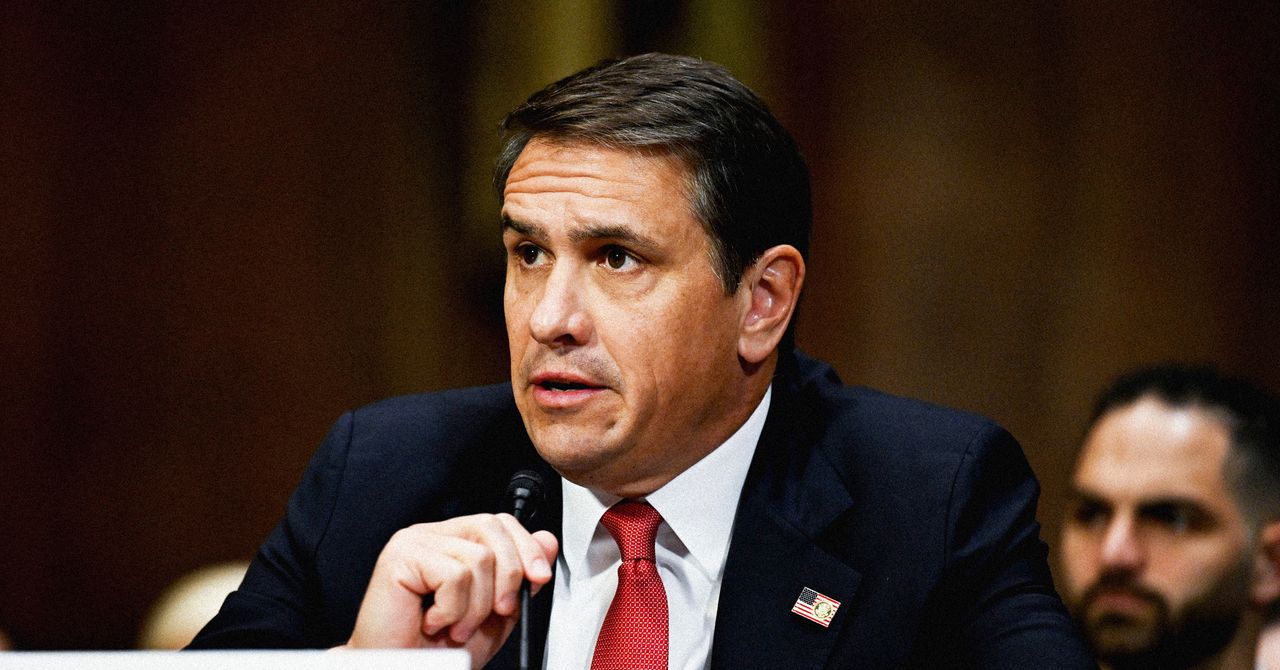
The United States Ignores Cryptocurrency-Related Crimes.
During the Trump administration, federal authorities are choosing not to file charges against cryptocurrency companies for various violations, raising questions about the regulations that should be applied and who will be responsible for enforcing them.
Since President Donald Trump came to power, U.S. authorities have reduced their role in overseeing cryptocurrency-related crimes. Lawyers and lawmakers are concerned about the enforcement gap this may create, allowing rules to be broken without consequences.
During his campaign, Trump positioned himself as a supporter of Bitcoin, and his family has established notable connections within the crypto industry. In recent months, his administration has begun to dismantle the enforcement policies of the Biden era, weakening the civil enforcement division that previously focused on the crypto sector and granting pardons to crypto executives who pleaded guilty in the past. Now, the Department of Justice (DOJ) is also rolling back its approach to this area.
In a letter to employees, Deputy Attorney General Todd Blanche communicated that the agency would deprioritize certain criminal prosecutions against cryptocurrency businesses, including failures to comply with anti-money laundering measures and money transmission licensing requirements. Alongside this change, the DOJ plans to dissolve its National Cryptocurrency Enforcement Team (NCET), which specialized in investigating cryptocurrency-related crimes.
The letter states that "the previous administration used the Department of Justice to pursue a reckless strategy of regulation through prosecution, which was poorly conceived and executed." From now on, the Department will not prosecute cryptocurrency exchange platforms or mixing services or offline wallets for actions taken by their users or unintended regulatory violations.
Despite this, the DOJ will continue to pursue crimes where cryptocurrencies are used, such as terrorism, drug trafficking, and hacking. However, this new approach suggests that crypto companies may operate with more freedom concerning certain laws, at least until definitive regulations are established.
Legal experts, like Christopher LaVigne, warn that the changes convey the message that cryptocurrency-related violations will not be prosecuted unless they involve serious issues. LaVigne also expresses hope for a regulatory system that prevents fraud and protects consumers, although he fears the consequences that could arise from this regulatory vacuum.
The DOJ has adopted this approach while the Securities and Exchange Commission (SEC) has also shown a similar retreat from ongoing cases against prominent players in the crypto sector. The SEC has distanced itself even from overseeing memecoins, coins that generally lack a clear purpose and are used for financial speculation.
In recent months, Trump has pardoned co-founders of the BitMEX exchange platform, raising questions about the implications of such decisions, especially in an environment where the Trump family is expanding its presence in the cryptocurrency space.
As of July, a new government task force has committed to providing recommendations on the regulation of the sector, but it remains unclear what laws will apply and who will be responsible for enforcing them. Although the DOJ's new guidelines do not prohibit investigations, the practical reality suggests that prosecutors may not be interested in pursuing cryptocurrency-related cases.
The situation leaves crypto companies the opportunity to experiment with new types of tokens and financial products, even when that exceeds the boundaries of existing legislation. However, some senators have expressed concern that relaxing control over crypto platforms could lead to dangerous outcomes in society.
Despite the apparent relaxation from the DOJ, experts warn that current violations could have consequences in the future under different administrations. While the environment seems more favorable for the crypto sector, the need to comply with the law remains, and uncertainty over which regulations will apply continues to be a sensitive issue.



